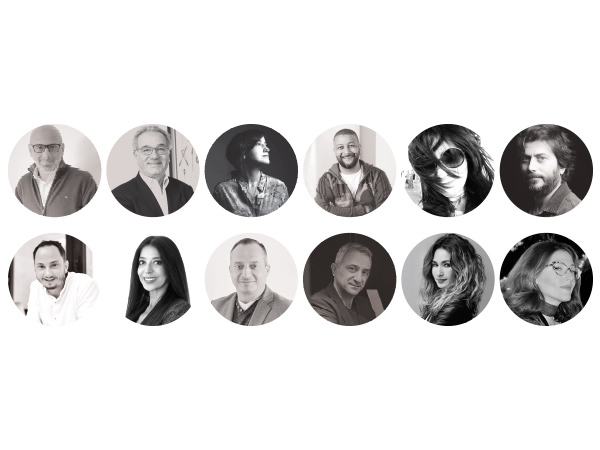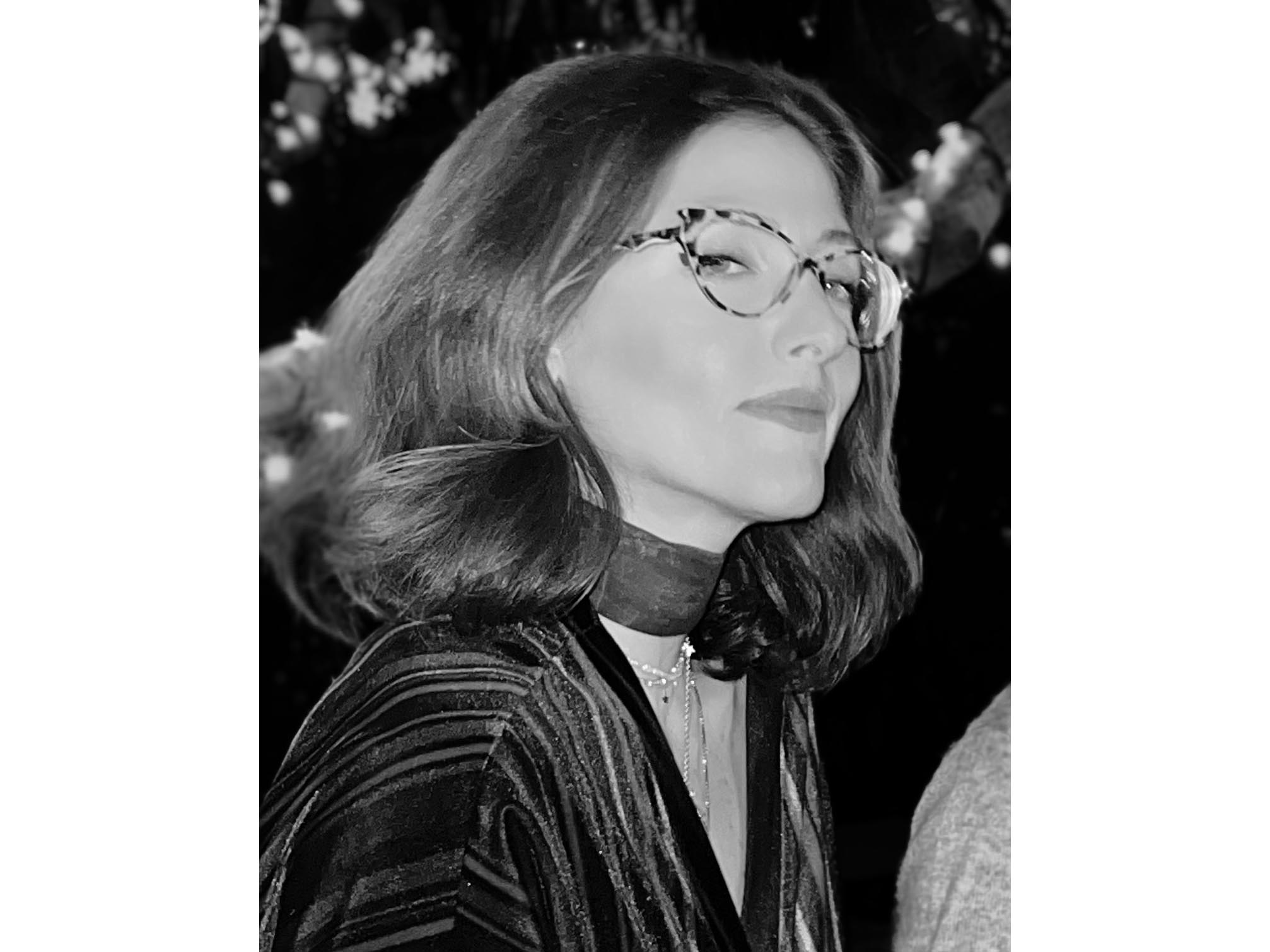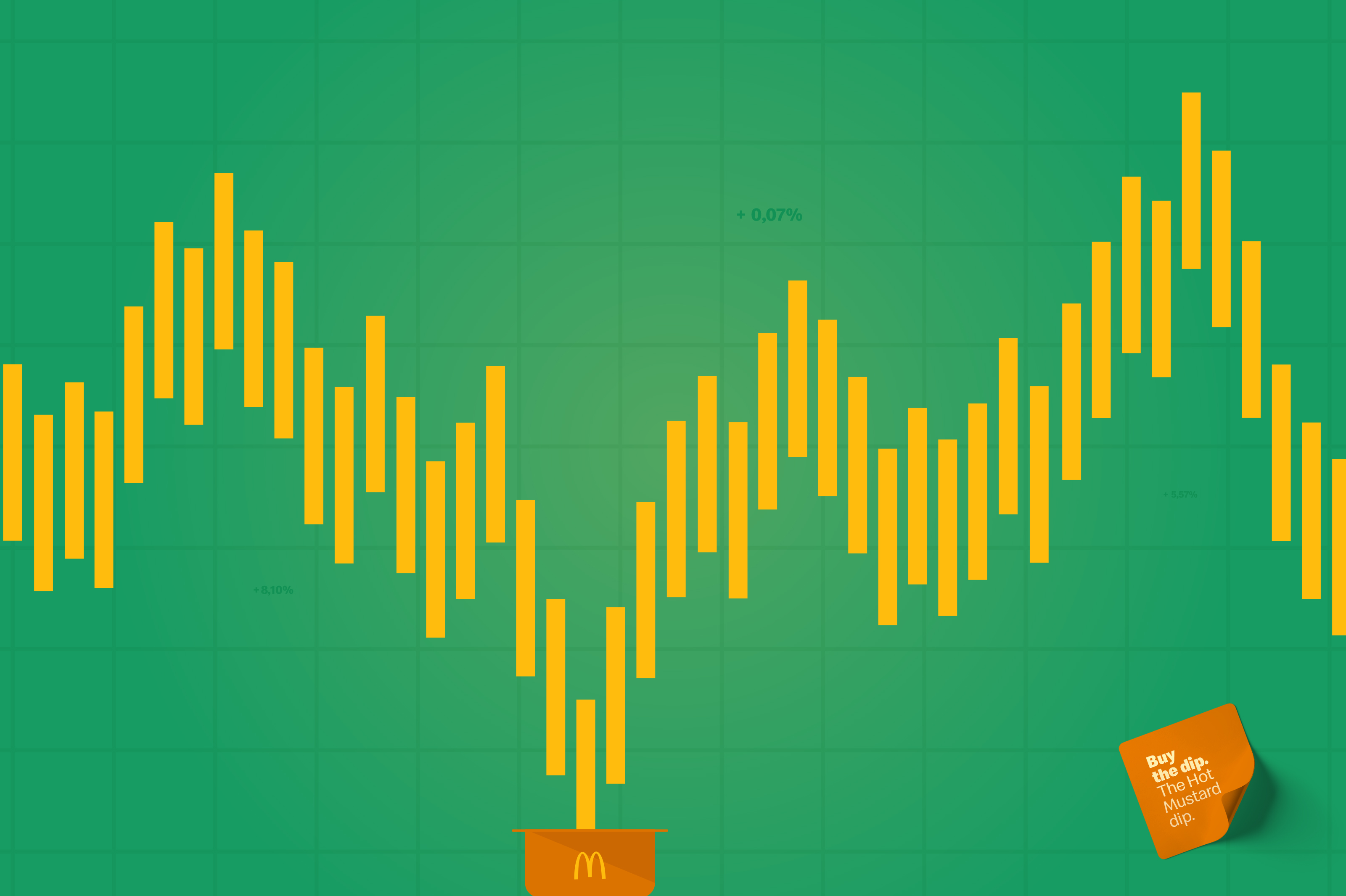News - Advertising
Creative Revitalization: Can Lebanon regain its status as a creative hub in the Middle East?
by Ghada Azzi
March 28, 2023
.jpg) Advertisement
AdvertisementA group of Lebanese advertising professionals share their perspectives on the challenges and opportunities facing Lebanon's creative scene. From the resilience and determination of the Lebanese people to the unique character of each market, hear their thoughts on how Lebanon can regain its status as a creative hub. What will the new version of Lebanon's creative industry be like? Read on and gain insights from this engaging discussion!
Walid Kanaan: 'When we lose hope, it's time to give up and start selling falafel. But in a country like Lebanon, it's the resilience and determination of the people that gives us hope. Despite losing trust in their government, political system, and financial institutions, Lebanese individuals have never lost faith in themselves. Saying that the revival of Lebanon requires luck is a misconception, as Adland has proved that it's actually the attitude and actions of the people that will lead to change.'
Samer Abboud: 'Challenges can often lead to solutions. In Lebanon, we have been working to restore our reputation as a creative hub since early 2019. Despite the challenges we face, our nation's rich history, heritage, and passion have consistently produced a strong pool of talented individuals capable of delivering exceptional work to the region.
In the past, Lebanon was a major hub for creative work in the region. However, as the industry has evolved, every market now has its own unique talent and local insight. Today, you can’t produce amazing work in Saudi Arabia if you’re not Saudi, and you cannot produce brilliant work in Baghdad if you’re not Iraqi. We cannot compare Lebanon's current situation to what it was 25 years ago, as the industry has changed significantly.
We can’t keep looking to the past and wish to relive it because this will hinder our future growth. We must instead focus on the present and future, understand that market needs and characters are different. In addition, investing in and nurturing local talent is crucial for future growth. We must not underestimate the power of supporting our own creative community and recognizing the unique character of each market.'
Joe Ayache: 'Creative talents make the reputation, not the country. Creative talent is not determined by a person's country of origin. Lebanon has a wealth of talented individuals, but they are dispersed throughout the world. The idea of a "creative hub" is no longer relevant and it is a misleading concept.
Lebanese talent is undeniable, as evidenced by their successes in major shows and competitions. However, it is not unique to Lebanon, as individuals from Egypt, Jordan, Brazil, and the UK are also achieving recognition in the creative industry. Creativity is a daily act of curiosity, imagination, and dreaming, and it transcends borders and cultures.
Lebanese individuals possess a unique creative DNA, among other qualities, that will continue to drive their success in the industry. Lebanon does not need to be the "Adland" as the entire world is the "Adland" for Lebanese creatives.'
Firas Mghames: 'The old version of Lebanon as the creative hub is gone for good but a new version is emerging. This new version is different, not necessarily better or worse. It holds positive potential, but it will not be the same as before. I feel the essence is brewing, making us again a creative hub, but in a different edition. It won’t be the same at all.
Additionally, new local agencies have emerged in recent years, filling the void left by those that have closed. These agencies bring a fresh approach, mentality, and type of work, marking a new era for the growing creative hub. We believe this will leave its own imprint on the creative hub that’s growing. It is promising, but only time will tell!'
Nada Abi Saleh: 'Yes. For the first part of the question. No comment for the second part because my answer won’t be politically correct.'
Moe Minkara: 'The Lebanese have always been known for their creativity and innovation in the region. However, for Lebanon to regain its status as a creative hub, certain actions must be taken. Firstly, efforts must be made to address the current issues facing the country and work towards making it a better place for all. Secondly, steps should be taken to attract and retain expatriated talent by providing them with the necessary resources and support to return home. Lastly, emphasis should be placed on educating the next generation to not only work with passion and dedication, but also with grit.'
Sami Saab: 'To reclaim our status as the leading creative hub in the MENA region, we must act to safeguard and advance our industry. One way to do this is by sharing our knowledge and expertise with the academic system, encouraging a focus on the thought process and aesthetic skills rather than solely technical aspects. Our goal should be to cultivate a new generation of motivated and passionate individuals who recognize the magical power of messaging and the impact of a well-crafted creative concept.
In today's communication landscape, we need human creativity more than ever. Technical proficiency should be viewed as an added bonus, rather than the main focus of the field. What we badly need today are passionate artists who believe in magic.'
Ghada Chehaibar: 'In order for Lebanon to regain its status as a leading player on the global stage, trust and stability must be established on both the geopolitical and economic levels. Once these foundations are in place, the risks associated with investing in Lebanon will decrease, and investors and multinational companies will be more willing to return. Furthermore, this stability will also provide the opportunity for local and small businesses to flourish once again. Hope is the only wing we have to rely on as we work toward rebuilding Lebanon.'
Rola Ghotmeh: 'The creativity found within Lebanese people is very unique and valuable, and I sure hope that A- we maintain this legacy and B- bring it back to its center: Lebanon, and not just spread it across the world.'
Assad Kassis: 'Lebanon has started to regain its title as the media hub of the Middle East and beyond. The country provides a reservoir of unrivaled talent in scope, scale, and cost. Lebanon offers that rare double delight of high quality and cost efficiency, ensuring it is viewed globally as a cost-effective talent hub; this is increasingly the case for agencies operating throughout the region.
To succeed, ideally, universities should focus on digitalizing their education; the government should secure the proper infrastructure for this expansion to work and thrive.'
Maya Toutoungy: 'There is no easy answer to this question.
Various factors play a role in this. Creativity was always celebrated in this country and this didn’t really change, but rather took a different shape. A slightly shy one.
But the past year has shown a bit more hope. While a lot of talents have ghosted the country for the past few years, a lot are deciding to stay and fight for their place in this chaos. This takes courage and guts. Needless to say how times have changed and how the industry is also changing with it. Not to the better, not to the worst but to something different that we need to embrace and morph to fit our creative culture.
Freelancers, a lot of freelancers, remote work, turnover, lack of talents, clients’ budgets, short-term thinking and vision and economical crisis are few of the things to seriously ponder while trying to build a culture people want to belong to.
We need to re-create a safe creative haven for the young talents to feel free to explore cutting edge designs and new ideas, while learning from past experiences, successful traditional methods, keeping the human at the centre of it all and creativity the driving force behind the work.'
Faten Attar: 'You can only survive and progress in Lebanon if you have continuous hope. It is part of our DNA and it is fully integrated within our culture. So in theory, I am positive about regaining the creative hub title.
Having said that, we need to be realistic and take the ever-changing landscape into consideration. First, agencies need to continue to expand their reach and find innovative ways to survive the internal hardships, making ourselves relevant in a fast-paced world and looking towards the region and the globe for additional revenue. Second, and despite the hardship, we need to find talents that will bring us to the next level and create a community of fresh, young perspectives with an ongoing buzz.
In this context, one thing is certain: the hub of yesterday is not the same as the hub of tomorrow. The best we can do is be ready because “luck is when opportunity meets preparation!”'



.jpg)



.jpg)




